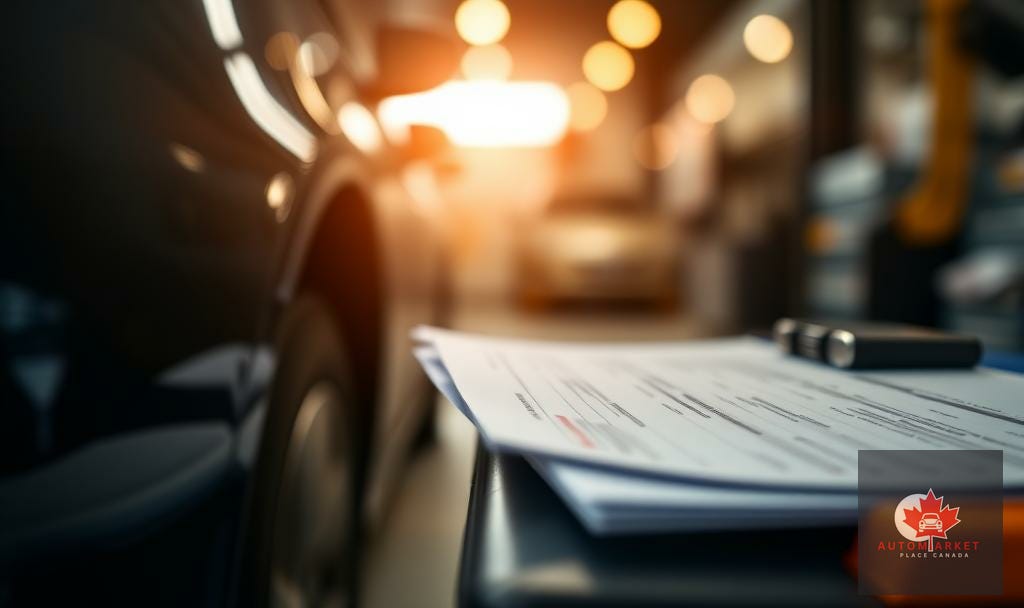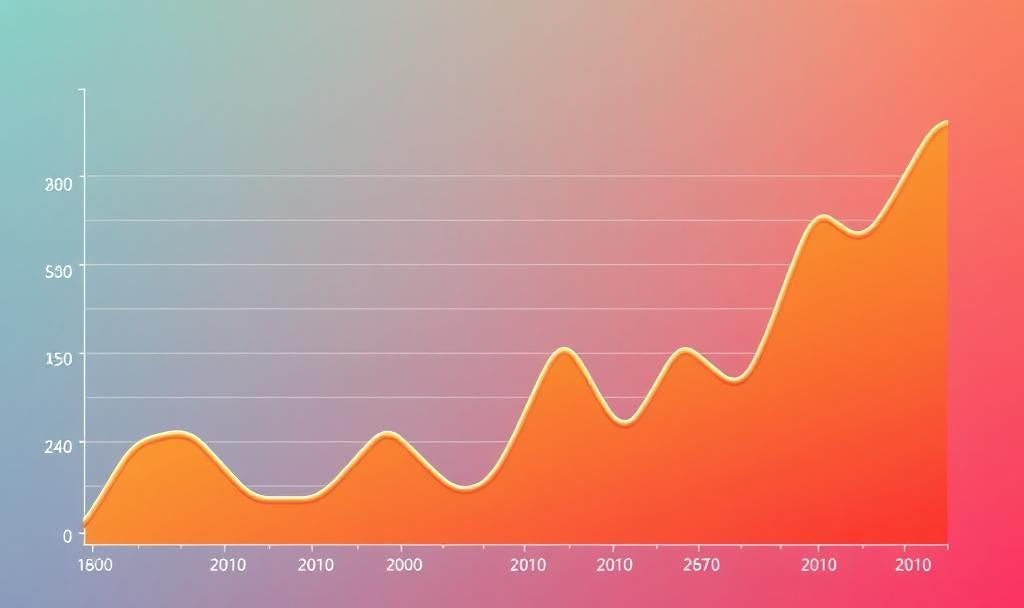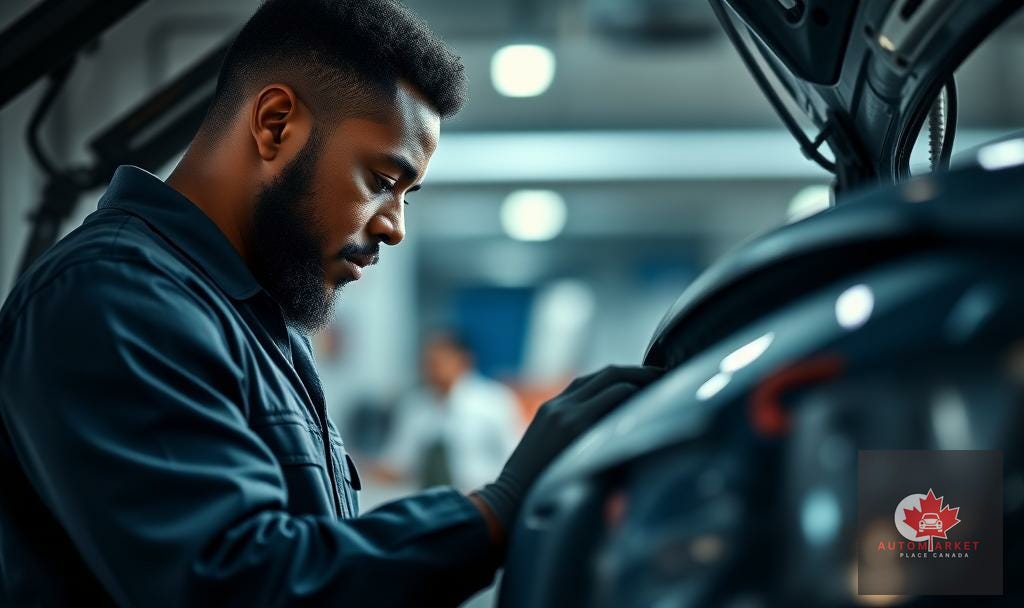10 Questions to Ask Before Buying a Used Car: A Comprehensive Guide
Essential Questions to Ensure a Smart and Informed Used Car Purchase
Buying a used car can be a great way to save money while still getting a reliable vehicle. However, it’s crucial to ask the right questions before making a purchase to avoid potential pitfalls. Whether you're a first-time buyer or a seasoned car enthusiast, this guide will walk you through the 10 most important questions to ask before buying a used car. By the end of this article, you’ll be equipped with the knowledge to make a confident and informed decision.
1. What Is the Vehicle’s History?
Understanding a used car’s history is one of the most critical steps in the buying process. Ask the seller for a vehicle history report (VHR) from services like Carfax or AutoCheck. This report will provide details such as:
Accident History: Has the car been in any major accidents?
Ownership History: How many previous owners has the car had?
Service Records: Has the car been regularly maintained?
Odometer Readings: Is the mileage accurate and consistent with the car’s age?
Pro Tip: If the seller doesn’t provide a VHR, consider purchasing one yourself. It’s a small investment that can save you from costly surprises.
2. Why Are You Selling the Car?
This question can reveal a lot about the car’s condition and the seller’s motivations. Common reasons for selling include:
Upgrading to a Newer Model: The seller may simply want a newer car.
Financial Reasons: The seller might need to downsize or reduce expenses.
Issues with the Car: Be cautious if the seller seems evasive or unwilling to provide details.
Pro Tip: Pay attention to the seller’s tone and body language. If they seem hesitant or defensive, it could be a red flag.
3. Can I See the Maintenance Records?
A well-maintained car is more likely to be reliable and have a longer lifespan. Ask for maintenance records to verify:
Regular Oil Changes: Frequent oil changes are a sign of good maintenance.
Brake and Tire Replacements: Ensure critical components have been replaced as needed.
Major Repairs: Check if any significant repairs have been performed, such as engine or transmission work.
Pro Tip: If the seller doesn’t have maintenance records, consider having the car inspected by a professional mechanic.
4. Has the Car Been in Any Accidents?
Even if the car looks pristine, it may have been in an accident that wasn’t reported. Ask the seller directly and cross-check their answer with the vehicle history report. Look for signs of repairs, such as:
Mismatched Paint: Indicates possible bodywork.
Uneven Panel Gaps: Suggests the car may have been in a collision.
Rust or Corrosion: Could be a sign of poor repair work.
Pro Tip: If the car has been in an accident, ask for details about the extent of the damage and the quality of the repairs.
5. Can I Take the Car for a Test Drive?
A test drive is essential to assess the car’s performance and comfort. During the test drive, pay attention to:
Engine Performance: Does the car accelerate smoothly?
Braking: Are the brakes responsive and free of unusual noises?
Steering and Handling: Does the car handle well on different road surfaces?
Comfort: Are the seats, suspension, and cabin noise levels acceptable?
Pro Tip: Test drive the car in various conditions, such as city streets and highways, to get a comprehensive feel for its performance.
6. Is the Car Still Under Warranty?
Some used cars may still be covered by the manufacturer’s warranty or an extended warranty. Ask the seller if the car has any remaining warranty coverage and what it includes. Common warranty types include:
Powertrain Warranty: Covers the engine, transmission, and drivetrain.
Bumper-to-Bumper Warranty: Covers most components of the car.
Certified Pre-Owned (CPO) Warranty: Offered by dealerships for inspected and reconditioned vehicles.
Pro Tip: If the car is no longer under warranty, consider purchasing an extended warranty for added peace of mind.
7. What Is the Car’s Current Condition?
Ask the seller to describe the car’s current condition, including any known issues or needed repairs. Be sure to inspect the car yourself or hire a professional mechanic to perform a pre-purchase inspection. Key areas to check include:
Exterior: Look for dents, scratches, rust, or paint damage.
Interior: Check the condition of the seats, dashboard, and electronics.
Engine: Inspect for leaks, unusual noises, or worn-out components.
Tires: Ensure the tires have adequate tread and are in good condition.
Pro Tip: If the seller refuses to allow an inspection, consider it a red flag and walk away.
8. What Is the Asking Price, and Is It Negotiable?
Research the market value of similar cars to determine if the asking price is fair. Use resources like AutoMarketplaceCanada.com to compare prices for the same make, model, and year. Once you have a benchmark, ask the seller if the price is negotiable. Be prepared to justify your offer with:
Market Data: Show comparable listings to support your offer.
Condition of the Car: Point out any issues or needed repairs.
Your Budget: Be clear about what you can afford.
Pro Tip: Don’t be afraid to walk away if the seller isn’t willing to negotiate. There are plenty of used cars available, and patience can pay off.
9. Are There Any Liens on the Vehicle?
A lien means the car is being used as collateral for a loan, and the seller may not have full ownership until the loan is paid off. Ask the seller if there are any liens on the vehicle and request proof that the lien has been cleared. You can also check for liens through your provincial or territorial motor vehicle agency.
Pro Tip: Never purchase a car with an outstanding lien, as it could lead to legal and financial complications.
10. Can I Have the Car Inspected by a Mechanic?
A professional inspection is one of the best ways to ensure the car is in good condition. Ask the seller if they’re willing to let you have the car inspected by a trusted mechanic. During the inspection, the mechanic will:
Check for Hidden Issues: Identify problems that may not be visible during a test drive.
Assess Overall Condition: Provide an unbiased evaluation of the car’s condition.
Estimate Repair Costs: Give you an idea of any immediate or future repairs needed.
Pro Tip: If the seller refuses to allow an inspection, it’s a strong indication that they may be hiding something.
Conclusion
Buying a used car doesn’t have to be a daunting experience. By asking these 10 essential questions, you can gain valuable insights into the car’s history, condition, and value. Whether you’re purchasing from a dealership or a private seller, taking the time to ask the right questions can save you from costly mistakes and ensure a smooth buying process.
For a wide selection of used cars, trucks, and motorcycles, visit AutoMarketplaceCanada.com to find the perfect vehicle for your needs.
Bonus Tips for Buying a Used Car
While the 10 questions above are essential, here are some additional tips to help you make the best decision:
1. Research the Market
Before you start shopping, take the time to research the used car market in your area. Look for trends in pricing, availability, and demand for the type of vehicle you’re interested in. This will give you a better understanding of what to expect and help you identify a good deal.
Pro Tip: Use online tools and resources to compare prices and read reviews from other buyers.
2. Consider Certified Pre-Owned (CPO) Vehicles
If you’re looking for added peace of mind, consider purchasing a certified pre-owned (CPO) vehicle. CPO cars are typically inspected, reconditioned, and backed by a warranty from the manufacturer or dealership. While they may cost more than non-CPO vehicles, the added benefits can be worth the investment.
Pro Tip: Compare CPO programs from different manufacturers to find the best deal.
3. Understand Financing Options
If you’re not paying for the car in cash, explore your financing options. Compare interest rates and loan terms from banks, credit unions, and dealerships to find the best deal. Be sure to factor in the total cost of the loan, including interest and fees, when determining your budget.
Pro Tip: Get pre-approved for a loan before you start shopping to streamline the buying process.
4. Check for Recalls
Before purchasing a used car, check if it has any outstanding recalls. Recalls are issued when a manufacturer identifies a safety or performance issue with a vehicle. You can check for recalls using the car’s Vehicle Identification Number (VIN) on the manufacturer’s website or through the Government of Canada’s recall database.
Pro Tip: If the car has an open recall, ask the seller if the issue has been addressed. If not, you may be able to have it repaired for free at a dealership.
5. Verify the Title and Registration
Ensure the car has a clean title and is properly registered. A clean title means the car has not been declared a total loss by an insurance company, while a salvage title indicates the car has been significantly damaged and repaired. Be cautious when considering a car with a salvage title, as it may have underlying issues.
Pro Tip: Verify the title and registration with your provincial or territorial motor vehicle agency to avoid legal complications.
6. Trust Your Instincts
Finally, trust your instincts when buying a used car. If something feels off or the seller seems untrustworthy, it’s better to walk away and continue your search. There are plenty of used cars available, and taking the time to find the right one is worth the effort.
Pro Tip: Bring a friend or family member with you when viewing a car for a second opinion and added support.
Final Thoughts
Buying a used car can be a rewarding experience if you approach it with the right knowledge and preparation. By asking the 10 essential questions outlined in this guide and following the bonus tips, you can navigate the process with confidence and find a vehicle that meets your needs and budget.
For a wide selection of used cars, trucks, and motorcycles, visit AutoMarketplaceCanada.com to explore your options and make an informed purchase.













